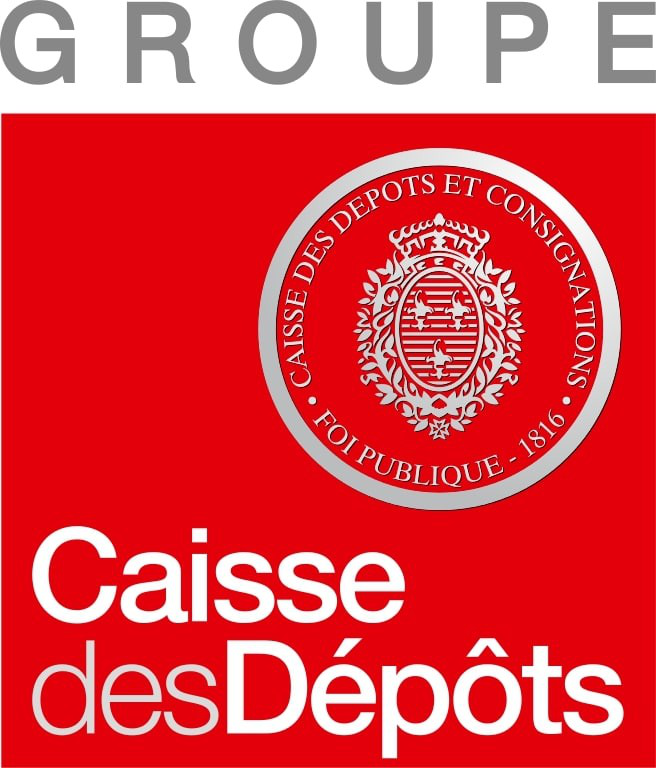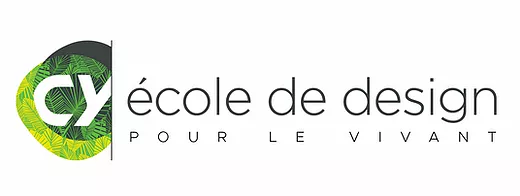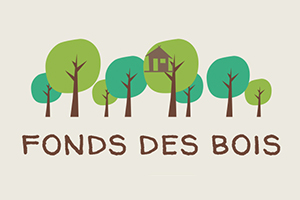AnthropoNet
Published : Projects |
Digitizing, preserving, and making accessible audiovisual archives, in particular ethnographic elements or filmed meetings, constitute the first mission of human and social sciences researchers and museums. AnthropoNet wants to go beyond this, allowing new forms of publishing that are open to public input and contributions.
The basic goal of this project is to exploit digital tools and practices to organize, conserve and diffuse corpuses and digitized resources from human and social science research, in order to permit:
• The validation of research results
• An electronic version as well as exchanges between professionals and amateurs
• The conception and realization of multimedia digital productions
• Cultural mediation in exhibitions and museums.
THE CONSORTIUM 2008 (support Adonis/Cnrs and MRT)
• The Museum of Man (« Muséum national d’histoire naturelle », National Museum of natural history), coordinator,
• The Museum of European Mediterranean Civilizations (Ministry of culture and communication: MCC),
• The Eco-anthropology and Ethnobiology laboratory (CNRS / Museum / Univ. Paris VII),
• The Ethnomusicology laboratory (CNRS / University Paris X / MCC),
• The Linguistics laboratory MoDyCo (CNRS / University Paris X),
• The Anthropology unit – biological and cultural adaptability (CNRS / University Médit.),
• The LEDEN team (University Paris VIII / CNRS / MSH Paris North / MCC),
• The Institute of Research and Innovation. THE PROJECT 2009 (with support from the MRT)
Implicated Teams
• Institute of research and innovation, coordinator,
• Center of research and ethnomusicology (CREM), LESC, UMR 7173,
• Laboratory of Musical Acoustics (LAM), UMR 7190,
• Phonothèque of the MMSH, Aix-en Provence, USR3125,
• National Museum of Natural History (MNHN, département HNS),
• Museum of European and Mediterranean Civilizations (MUCEM),
• National Institute of Documentary Techniques (INTD),
• National Museum of Arts and Crafts / Mission National,
• Quai Branly Museum,
• Federation of Ecomuseums and of Community Museums.
Initiated and supported by the ADONIS-CNRS and the MRT program (Mission of Recherche and Technologie from the Ministry of Culture and Communication), in 2008, the ANTHROPONET project conducted a first phase of technological watch, exploring techniques and establishing a « cahier des charges » of specifications for developing indexation tools, enrich collaboration and validate various research data. During the feasibility study, a task group was brought together in light of the necessity to respond, as a priority, to four specific research needs in the human and social sciences:
– To allow researchers to rapidly index recorded materials while respecting the archiving norms and then ensure interoperability
– To dispose of a powerful tool for the production and indexation of audio and video archives,
– To enrich and annotate these temporal contents, in line with editorial valorization,
– To access collaborative tools among researchers, but also help bring together museum mediators and the amateur public to exchange and enrich ideas.
In the 2nd phase, the project will allow:
– Continuation of the prospective analysis and the technological watch, and expansion to new actors from the cultural world, especially museums (seminars and workshops)
– Reduction of the field of study from the 1st phase to audiovisual documents (audio and video) from SHS research, and consider mainly the researcher’s activity.
– Using the « Telemeta » and « Lignes de temps » tools, to create « proof of concept » models with interested researchers.

 in english
in english en français
en français











